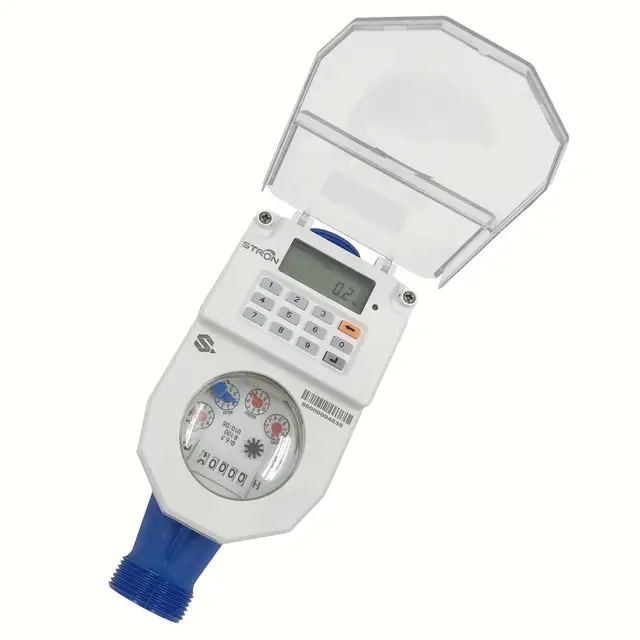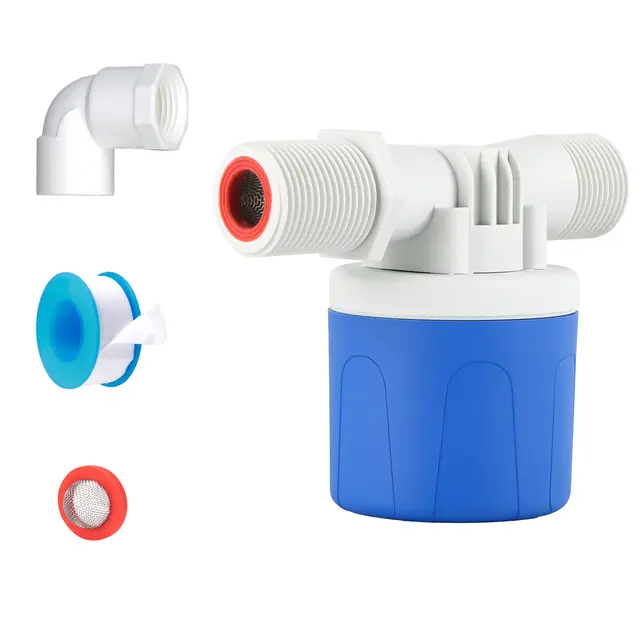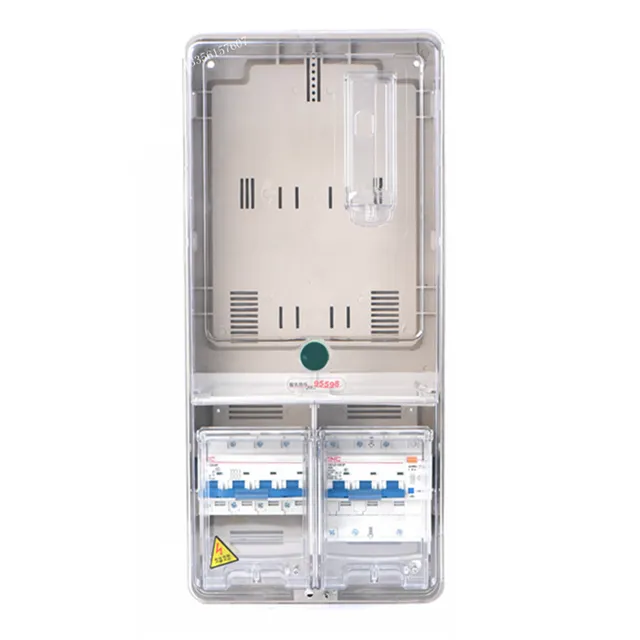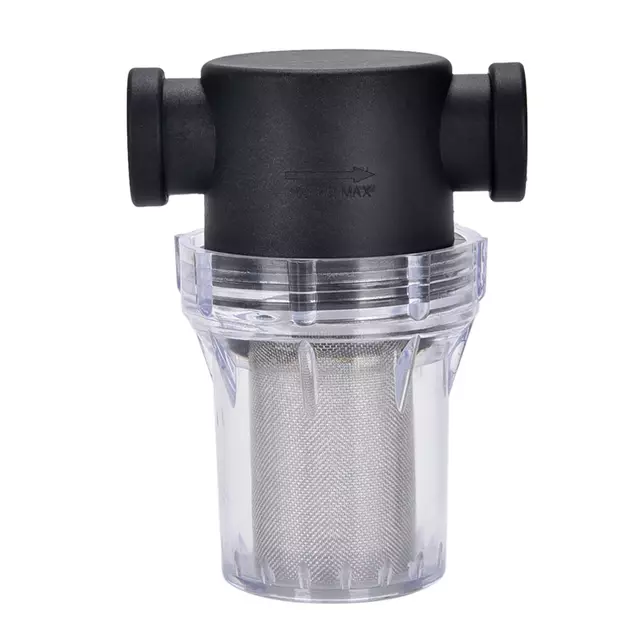This effect is seen more often in those with a history of mental illness. Among mind-altering chemicals or drugs, LSD is considered one of the most powerful. Moreover, LSD use can induce or trigger a schizophrenic or psychotic state in some at-risk individuals. Yet one of the most frightening aspects of LSD use is that the user may experience terrifying flashbacks years after using a single dose of the powerful drug. Some common street names for PCP include angel dust, rocket fuel and hog. Marijuana and PCP are often packaged together and sold as whack, kools or supergrass.
Angel dust is often compared to hallucinogens such as acid (LSD) and ecstasy (MDMA). However, it also has a dissociative effect, making users feel incredibly disconnected from the people and things around them. There’s no proven impact on strength enhancement related to PCP angel dust drug wiki use. However, PCP can increase aggression and numb pain, which might be where the Hulk-like image of a user comes from. Angel dust was originally developed in 1926 and introduced as a general anesthetic in the 1950s.
The reason for the time difference is how fast the substance enters your bloodstream. When taken orally, your digestive system processes it first, hence the longer onset time. Most people smoke it by sprinkling it on cannabis, tobacco, or plant leaves like mint or parsley. People also dissolve it in a liquid and dip cigarettes or joints in the solution. While you’re waiting for help to arrive, talk to the person in a calm manner but don’t get too close if they’re agitated. Don’t give any fluids or medications if you don’t have medical training.
A PCP overdose can also cause psychotic behaviors for a significant period. Users experiencing a PCP overdose may need long-term medical treatment for their psychosis. Even users who do not have a history of psychosis can experience such effects since the portion of their brains involving reasoning and perception have been affected. The liver, kidneys, and heart can also suffer from impaired functioning due to a lack of oxygen. You’ll learn about why you turned to drugs in the first place and how you can cope with life without turning to them in the future. Plus, you’ll have support for your transition out of treatment—back to a job, school, and other responsibilities.
Subjective effects
This may let some users feel powerful in response to a past that leaves them feeling helpless. When dissolved into a liquid form, it’s highly flammable since the suspension liquid used is typically ether. By itself, PCP is a stable compound and can be dissolved in water and drunk.
- The effects of angel dust spray, angel dust strain, or even a PCP weed strain vary depending on how much a person uses.
- Organs that use higher levels of oxygen to function are particularly susceptible to this lack of oxygen.
- Additionally, because the drug can lead to violence and suicidal thoughts/behaviors—especially at high doses—it can cause death or serious injury.
- Long-term treatment may involve inpatient therapy at a rehabilitation facility, which provides round-the-clock care from a team of mental health care professionals in a supportive environment.
- As with any recreational drug that may be injected, the risk for HIV, hepatitis, and other infectious diseases from shared needles is a possibility.
How do people on PCP act?
If you’re unable to resist angel dust, talk to your doctor about PCP treatment options such as in-patient recovery. The health care provider may give a sedative and/or use physical restraints if the person is violent. The user may also get IV fluids and activated charcoal if they took the drug by mouth. Activated charcoal has been shown to absorb PCP in the stomach. In some cases, it’s possible for PCP to cause over-the-top psychological effects that make you feel stronger than you are and engage in violent behavior. Phencyclidine was originally developed in the 1950s as an anesthetic for surgery.
PCP use has declined
This is part of our ongoing commitment to ensure FHE Health is trusted as a leader in mental health and addiction care. Many people who have been high on PCP have attempted or succeeded at suicide or suffered a fatal injury in an accident. This is an important consideration—besides the tremendous harm that can occur while under the influence of what is angel dust. The delusions of increased physical capabilities are fairly common among angel dust addicts.
PCP, short for phencyclidine, was last used commercially in the U.S. in 1978. However, it’s still available illicitly, and people are still using the drug. While angel dust isn’t nearly as popular as it once was, the risks of using it at all are still just as real.
Treatment for PCP Addiction
Over time, the more you use the drug, the more tolerance you’ll build. This means you’ll need to use higher doses to get the same level of high. The combination of addiction and increasing tolerance makes it very hard to quit.
Long-term use can affect a person’s respiration rate, blood pressure and many other biological processes. A PCP overdose can also lead to a coma or result in immediate death. Moderate to high doses of PCP can cause symptoms of psychosis that mimic schizophrenia, even in people without a history of mental illness. This may include hallucinations, delusions, paranoia, anxiety, and suicidal thoughts. Fatal overdoses are possible when you take a large amount of PCP. But most PCP-related deaths result from dangerous behavior caused by delusions and other psychological effects.
- Someone high on PCP may not realize they’re walking off a cliff and can’t fly.
- A moderate amount of PCP often causes users to feel detached, distant, and estranged from their surroundings.
- Phencyclidine was the least popular hallucinogen on the survey, behind LSD and ecstasy.
- Stories of “dusted” criminals picking up vehicles and fighting off dozens of cops are urban legends, but PCP does numb users’ ability to sense pain.
All studies of Olney’s lesions have only been performed on non-human animals and may not apply to humans. Drug addiction treatment can offer comprehensive support for recovery from PCP and other substance use. Managing withdrawal symptoms is the first step, which is especially important for drugs like angel dust, which is a central nervous system depressant that has major effects on mental health. Medical monitoring can help you stabilize before moving into a rehab program that will teach you how to be successful in recovery. PCP (phencyclidine), also known by its street name “angel dust,” is an illegal drug that’s commonly sold as a white powder or in liquid form. Hallucinogens can cause such mind-altering effects as confusion, mood changes, and seeing or hearing things that aren’t there.
A person can take a low, medium, or high dose of PCP, and he will have different effects depending on which dose he takes. Low doses can cause a person to feel euphoric (very happy), relaxed, numb, detached from his own body, anxious, or confused. Medium doses can cause confusion, agitation, analgesia (not feeling pain), fever, excessive salivation, and “schizophrenic-type” behavior. High doses can cause seizures, respiratory failure (where the breathing systems in the body stop working), coma, fever, stroke, or death. PCP users experience dissociative and hallucinogenic when using the drug, but many people don’t know the effects of PCP can last much longer.
What are PCP’s effects on the brain?
Flashbacks may be caused by PCP’s slow rate of expulsion from the body, which causes it to occasionally recirculate through the bloodstream for extended periods. PCP is highly attracted to fluids with high amounts of acid, so it can enter a user’s spinal fluid, and in turn, enter the brain and cause additional episodes of intoxication. People who stop ongoing use of PCP experience drug cravings, increased appetite, headaches, sleepiness, depression, and sweating as common withdrawal symptoms. While studies are looking at options for drug treatment of PCP dependence, there are no specific approved treatments for PCP abuse and addiction. Patients may need to be hospitalized and receive behavioral treatments to address abuse issues with PCP.
When its toxic effects became known, it was quickly removed from use in hospitals. For some, the drug can trigger severe psychotic symptoms that last after the drug wears off. Additionally, because the drug can lead to violence and suicidal thoughts/behaviors—especially at high doses—it can cause death or serious injury. The feelings of invulnerability, hallucinations or delusions a PCP user experiences can lead to fatal errors in judgment. Someone high on PCP may not realize they’re walking off a cliff and can’t fly.
It was discontinued for medical use because it caused patients to become agitated and hallucinate. If you are struggling with PCP addiction, it is important to know there are resources available to help you overcome your problem and regain your life. Here at Clean Recovery Centers, we take a unique approach to helping individuals suffering from PCP addiction get sober. We utilize an effective three-phase approach that addresses both a patient’s physical and psychological needs. Frequent PCP use can have social effects on a user’s life as well.
As you increase the dose, the effects get more intense, leading to hallucinations and erratic behavior. It’s become a common club drug in the last couple of decades and produces effects similar to other dissociative substances, like special K. There’s no medication available to reduce or block PCP’s effects on your body and overall health. But if you’re looking to cut back your PCP use, therapy may help. Experts have found that programs like cognitive behavioral therapy or talk therapy can be effective for substance addiction.








